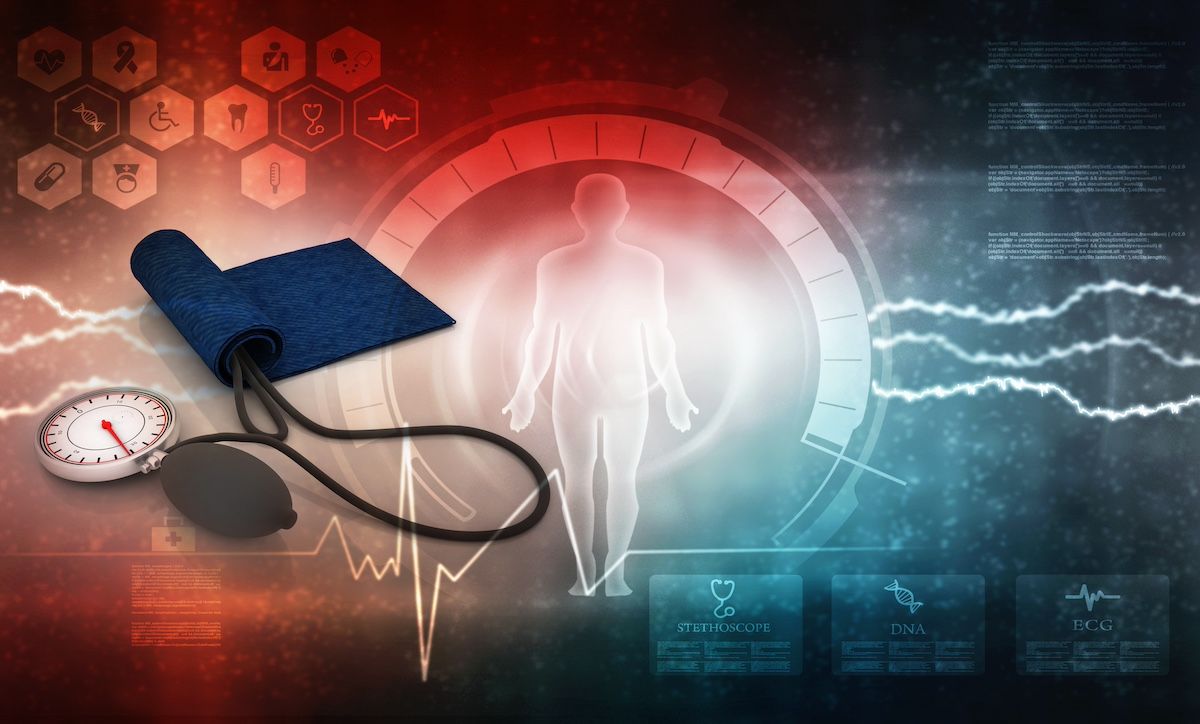- Center on Health Equity & Access
- Clinical
- Health Care Cost
- Health Care Delivery
- Insurance
- Policy
- Technology
- Value-Based Care
SNAP Benefits May Help Improve Adherence to Antihypertensive Medications
Among food-insecure patients on antihypertensive medication, receiving assistance through the Supplemental Nutrition Assistance Program (SNAP) was associated with improvements in medication adherence.
Addressing food insecurity may help improve adherence to medications for hypertension, suggest findings of a new study.
A retrospective analysis, published in JAMA Network Open, showed that among approximately 1300 food-insecure patients on antihypertensive medication, receiving assistance through the Supplemental Nutrition Assistance Program (SNAP) was associated with improvements in medication adherence.
“These findings suggest that SNAP may potentially mitigate against the risk of nonadherence to antihypertensive medications due to food insecurity,” wrote the researchers. “Our study contributes to the growing literature on how existing social intervention programs such as SNAP may be leveraged to prevent negative consequences of health-related social needs on health outcomes, including medication adherence.”
The study adds to a growing pile of literature exploring the impact of programs like SNAP on adherence to medication for hypertension. A recent systematic review of studies published over the last 2 decades found that coverage expansion, financial incentives, and cost-sharing policies improved the quality of hypertension management and subsequently improved hypertension-related outcomes.
SNAP has been associated with an approximate 30% decrease in food insecurity | Image Credit: meenkulathiamma - stock.adobe.com

Researchers of this latest study underscored the potential of addressing food insecurity, in particular, for improving medication adherence, noting that no prior research has focused specifically on the influence of food insecurity on the association between SNAP and antihypertensive medication adherence. It’s been estimated that SNAP, the biggest federal assistance program in the country, could be associated with up to a 30% decrease in food insecurity.
Overall, approximately 6700 patients were included in the study, and 55.8% were nonadherent to their antihypertensive medication. Patients, who had a mean (SD) age of 63 (13.3) years and included those with and without insurance coverage, were identified from the linked Medical Expenditure Panel Survey–National Health Interview Survey dataset
Across the entire study population, SNAP benefits were not associated with improvements in medication adherence. Patients were considered having SNAP assistance if they or anyone in their family self-reported receiving benefits within the last 12 months. The researchers noted that since reporting of SNAP assistance was done before the medication adherence observation period, they were unable to rule out a potential reverse association between program assistance and adherence.
However, among the patients who were food insecure, there was a 13.6-percentage point drop in nonadherence to their antihypertensive medication, and within this group, there was an 8.17-percentage point difference in nonadherence among SNAP recipients and those not receiving the program assistance.
“Our findings have several clinical and policy implications. Given the recent rollbacks in SNAP assistance, more individuals and families are likely to experience food insecurity and may be less likely to refill medications to treat chronic disease,” explained the researchers. “The results of our sensitivity analysis suggested that SNAP may be associated with higher adherence for even the overall antihypertensive user population that was included. Therefore, these findings suggest that policy makers should expand SNAP access among patients with hypertension to prevent nonadherence to antihypertensive medications. Clinicians may also help increase adherence by identifying and connecting food-insecure patients with hypertension to food assistance programs provided by community-based social organizations.”
The group, which adjusted for health insurance status and out-of-pocket spending, added that SNAP may improve overall medication adherence and not just cost-related nonadherence.
Reference
Islam M, Oyarzun-Gonzalez X, Bose-Brill S, Donneyong M. Supplemental Nutrition Assistance Program and adherence to antihypertensive medications. JAMA Netw Open. Published online February 23, 2024. doi:10.1001/jamanetworkopen.2023.56619
